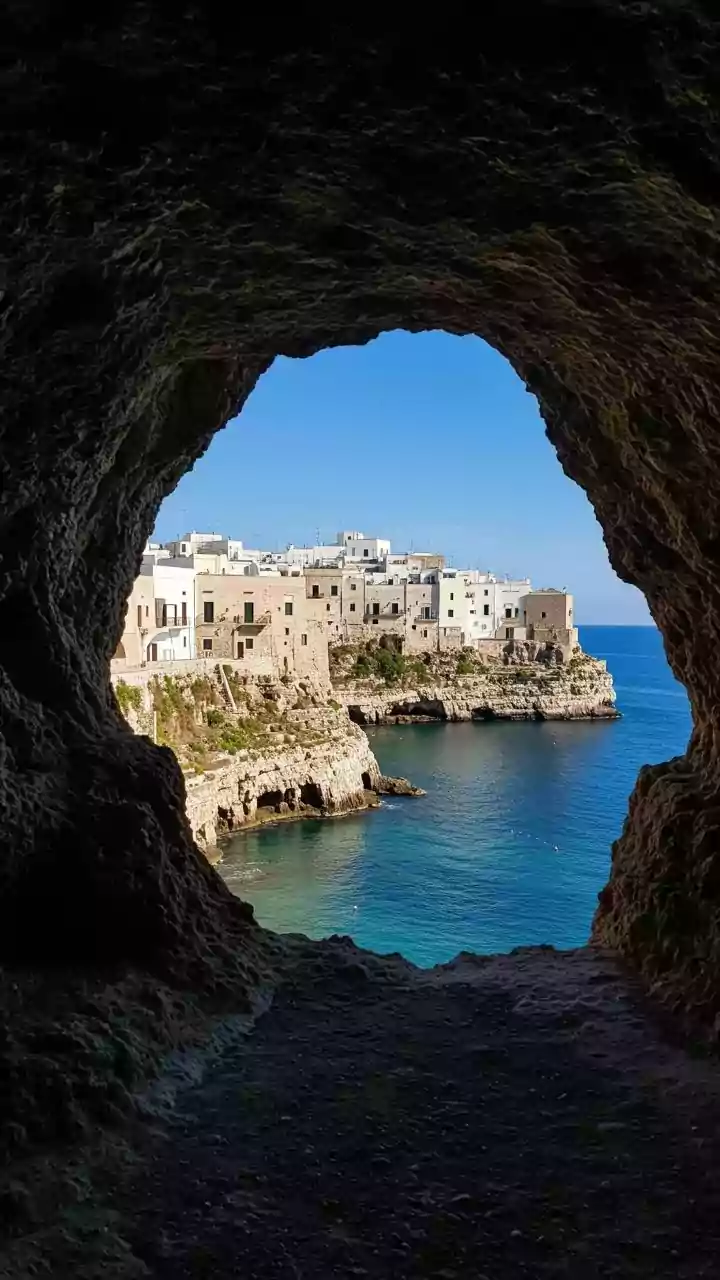Eco-Tourism: Definition
Eco-tourism involves traveling to natural areas responsibly, conserving the environment, and improving the well-being of local people. It's a sustainable
approach to tourism that aims to minimize negative impacts on the environment while maximizing positive contributions to local communities and conservation efforts. This type of tourism emphasizes education, interpretation, and a direct connection with nature, promoting respect for the environment and the cultures of local communities. Eco-tourism operators often focus on small-scale operations, prioritizing low environmental impact and providing benefits to local people through employment and income generation.
Kerala’s Green Initiatives
Kerala has long been recognized for its dedication to eco-tourism. The state's tourism policies have integrated ecological principles, creating a delicate balance between welcoming visitors and preserving its natural beauty. One key aspect involves the active participation of local communities in tourism projects. They are empowered as stakeholders, managing eco-lodges, guiding tours, and providing hospitality services. This approach guarantees that economic benefits directly reach the local population, fostering a sense of stewardship towards the environment. Moreover, Kerala has focused on promoting responsible travel through certification programs and awareness campaigns. These programs encourage tourists to choose eco-friendly accommodations and activities, supporting businesses dedicated to sustainable practices. By emphasizing low-impact tourism, the state strives to limit the environmental footprint of tourist activities.
Delhi’s Conservation Efforts
Delhi, known for its urban landscape, has also made strides in wildlife conservation and eco-tourism. Though it faces challenges due to its population density and industrialization, the city has established parks and sanctuaries that serve as vital habitats for native species. These protected areas are managed to conserve biodiversity and offer green spaces for residents and tourists alike. Delhi's conservation efforts include habitat restoration and wildlife monitoring programs. These initiatives aim to improve ecosystem health and safeguard wildlife populations. The government collaborates with NGOs, research institutions, and local communities to achieve these goals. Education plays a key role, with programs designed to raise public awareness about environmental conservation and the importance of preserving natural resources. Through these collective initiatives, Delhi is striving to establish a harmonious relationship between nature and urban life.
Sustainable Tourism Strategies
Both Delhi and Kerala implement various sustainable tourism strategies. Kerala focuses on promoting responsible travel practices that minimize environmental impact and maximize community benefits. Initiatives include the use of renewable energy in tourist accommodations, water conservation measures, and waste management programs. In contrast, Delhi's approach involves creating and maintaining green spaces and wildlife habitats within the city. Sustainable tourism strategies also involve ensuring that tourism infrastructure is developed in an eco-friendly manner. This may include using sustainable building materials and designs, as well as prioritizing energy efficiency. Both regions work to foster partnerships between tourism operators, local communities, and environmental organizations to support conservation efforts. These collaborative efforts ensure tourism development is aligned with environmental sustainability and community needs.
Community Involvement Matters
Community participation is critical to the success of eco-tourism and conservation projects. Local communities in Kerala have actively been involved in tourism management and decision-making. This includes operating eco-lodges, guiding tours, and offering hospitality services. This involvement generates income and creates a sense of ownership over environmental assets. In Delhi, collaboration with local communities involves education and awareness campaigns. These campaigns aim to encourage responsible behavior and a sense of stewardship towards the environment. These collaborative efforts ensure that conservation efforts are culturally sensitive and meet the needs of local communities. The emphasis on community involvement helps in creating a long-term commitment to environmental protection.
Impact and Future Directions
The efforts of Delhi and Kerala in eco-tourism and wildlife conservation are significantly influencing the tourism landscape. The positive outcomes include the conservation of biodiversity, the protection of natural habitats, and the economic empowerment of local communities. Looking forward, these regions plan to expand their eco-tourism initiatives by integrating emerging technologies like eco-friendly transportation and digital platforms. These include data-driven conservation strategies and increased community engagement in decision-making processes. The emphasis remains on strengthening partnerships with various stakeholders, fostering research and innovation, and promoting sustainable practices. The goal is to create a balance between economic development, environmental sustainability, and community well-being, creating a model for other regions to follow.

















